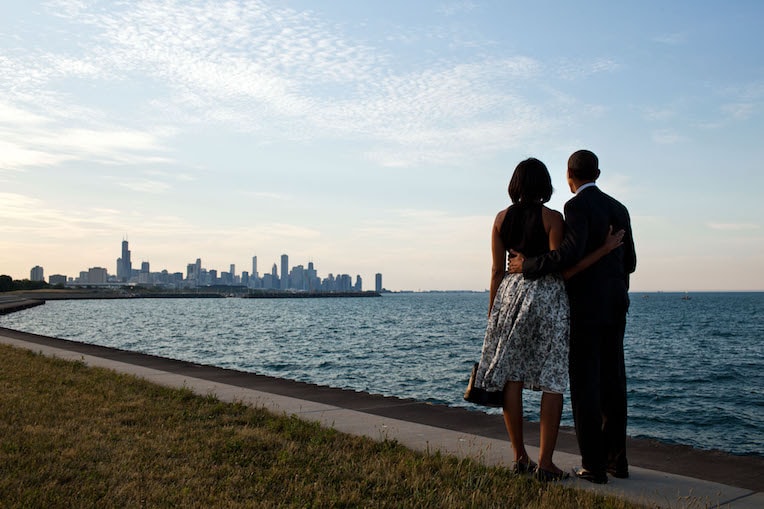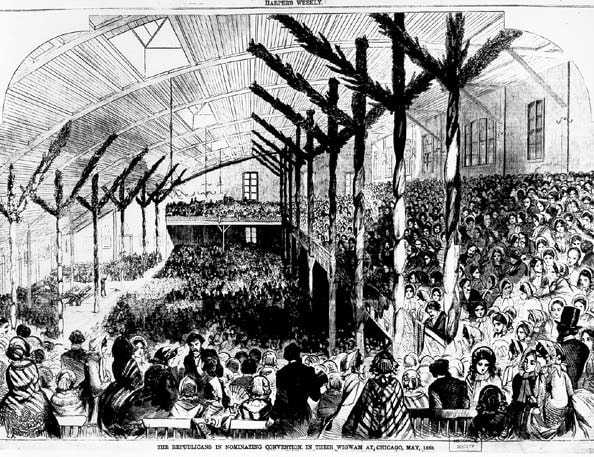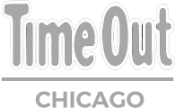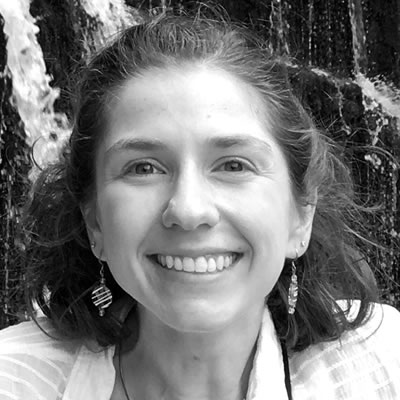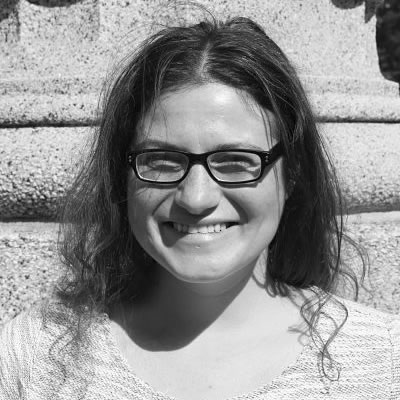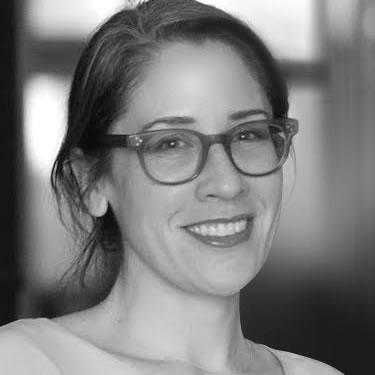Chicago-based author Edward McClelland has made his name by writing books about the Midwest. His latest book is titled “How to Speak Midwestern“was released by Belt Publishing on December 1st. It explores the distinct regional accents of the American Midwest and
Through a mutual connection, I got the chance to ask Edward about “How to Speak Midwestern” and his other books.
Why Write About the Midwest?

Alex:
Your books have mostly focused on the Midwest and the Great Lakes region. Why do you think this region is relatively unwritten about compared to almost mythic regions like the South or Old West?
Edward McClelland:
I wouldn’t say the Midwest has been unwritten about. It’s produced some of America’s greatest writers, who set much of their fiction here. Willa Cather, who is second to none on my bookshelf, wrote “O Pioneers!” and “My Antonia” about her native Nebraska. “Song of the Lark,” which inspired my daughter’s name, is about an opera singer who moves from Colorado to Chicago to learn her art. And then there are Carl Sandburg, Sinclair Lewis, Ernest Hemingway, Nelson Algren, Saul Bellow, and Toni Morrison (four Nobel Prize winners on that list). In the early 20th Century, Chicago was the literary capital of America, the setting for such naturalistic novels as “The Jungle” and “Sister Carrie.”
Alex:
What’s Chicago’s place in your books?
Edward McClelland:
Every one of my books has been about Chicago in some way. My first, Horseplayers, was about playing the ponies at Hawthorne and Arlington. My latest, “How to Speak Midwestern,” describes the origin of the Chicago accent.
“How to Speak Midwestern”

Alex:
“How to Speak Midwestern” is about the unique accents of the Midwest. How many accents are there in this region?
Edward McClelland:
There’s the Inland North accent, which is heard in the lower Great Lakes, from Rochester to Milwaukee; the North Central accent, heard in the Upper Peninsula of Michigan, northern Wisconsin, and Minnesota; and the Midland accent, in western Pennsylvania, Ohio, Indiana, Illinois and Missouri.
Alex:
Which is the most recognizable?
Edward McClelland:
The Inland North accent is known from Saturday Night Live’s “Superfans” sketch (“Da Bearsss!”) and North Central from the movie “Fargo.”
Alex:
Can you briefly explain the “Northern Cities Vowel Shift” to those who’ve never heard of it before?
Edward McClelland:
The Inland North accent as we know it began to develop in the early 20th Century, as a result of one of the most remarkable linguistic transitions of the modern era: the Northern Cities Vowel Shift. Vowels whose pronunciations had been stable since feudal England began taking on new inflections in the mouths of Upper Midwesterners. The changes were first detected by linguists doing field research in Chicago and Detroit in the late 1960s. In his book Dialect Diversity in America, William Labov describes the Shift as a series, or chain, of pronunciation changes. The NCVS affects five different vowel sounds, but Labov believes it was triggered by the short “a” that makes “can” sound like “cayen.” The Shift also makes “box” sound like “bahhx” and “seven” like “suvun.”
Alex:
Which accent do you use?
Edward McClelland:
As a native of Lansing, Michigan, I speak Inland North.
“The Third Coast” and Northern Pride
Alex:
I have to admit, when I heard about your book “The Third Coast” my immediate reaction was “Damn! there goes my book idea!” What gave you the inspiration to take a road-trip around the entirety of the Great Lakes?
Edward McClelland:
In 2004, there was so much Texas pride and Southern pride over the re-election of George W. Bush, I decided to write a Northern pride book. I wanted to show that we in the Great Lakes region had more in common with our Canadian neighbors than with Dixie.
Alex:
What region in the Great Lakes do you think is the least well-known?
Edward McClelland:
Definitely the North Shore of Lake Superior is the least well known. I met a lot of Ojibway up there, most memorably Moses Beaver, a painter who also made canoes from birch branches and tarpaulin.
Alex:
What have you seen in the Great Lakes landscape that show the effects of Chicago industries?
Edward McClelland:
If you want to see the effects on Chicago industries on the Great Lakes landscape, go down to the Calumet River and watch a ship come in.
How a Black Chicagoan Became President
Alex:
I’m also curious about “Young Mr. Obama.” First off, I have admired the John Ford reference in that title for years. Kudos. How much access did you have to the President or people who worked with him?
Edward McClelland:
I had access to Obama early in his career, when he was running for Congress and then U.S. Senate. I covered his failed Congressional campaign against Bobby Rush for the Chicago Reader, more thoroughly than any other journalist. While I was researching the book, I interviewed a lot of people who’d known him early on, such as three women from the Developing Communities Project who became known as “Obama’s Mamas.”
Alex:
How had their perceptions of the man changed since he went from community organizer to President of the United States?
Edward McClelland:
My own perception as he went from community organizer to president was that he was the most calculating individual I’ve ever met. He was always thinking two or three steps ahead in his career.
Alex:
In keeping with the Chicago angle of our blog, are there any particular Chicago anecdotes you could share?
Edward McClelland:
The story of how he knocked his mentor, Alice Palmer, off the ballot by challenging her petitions when she tried to jump back into the state senate race in 1996 is a great look at his introduction to hardball Chicago politics.
Thanks to Edward for taking the time to chat with us! His book, “How to Speak Midwestern,” was released in December 2016.
-Alex Bean, Content Manager and Tour Guide
